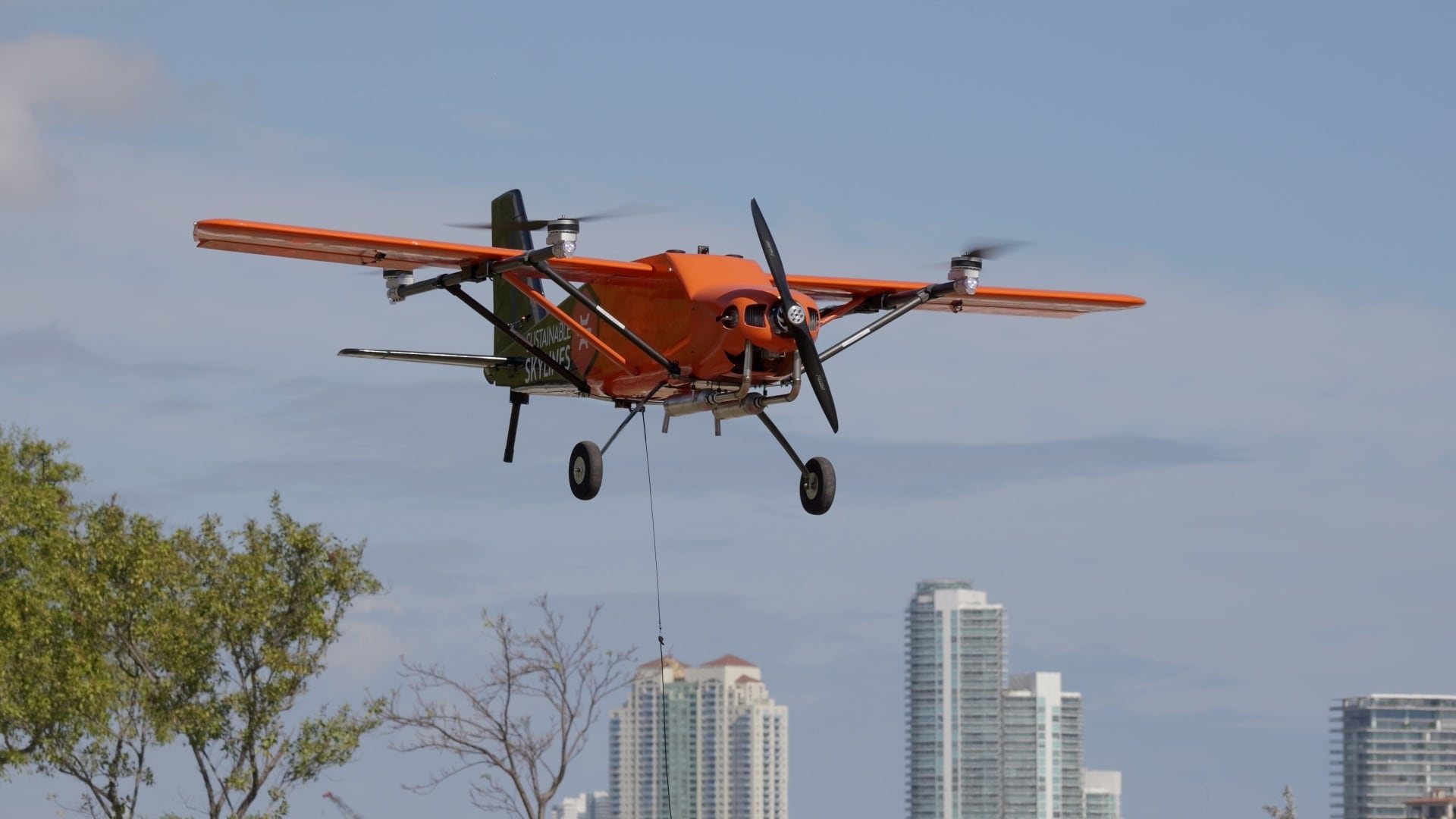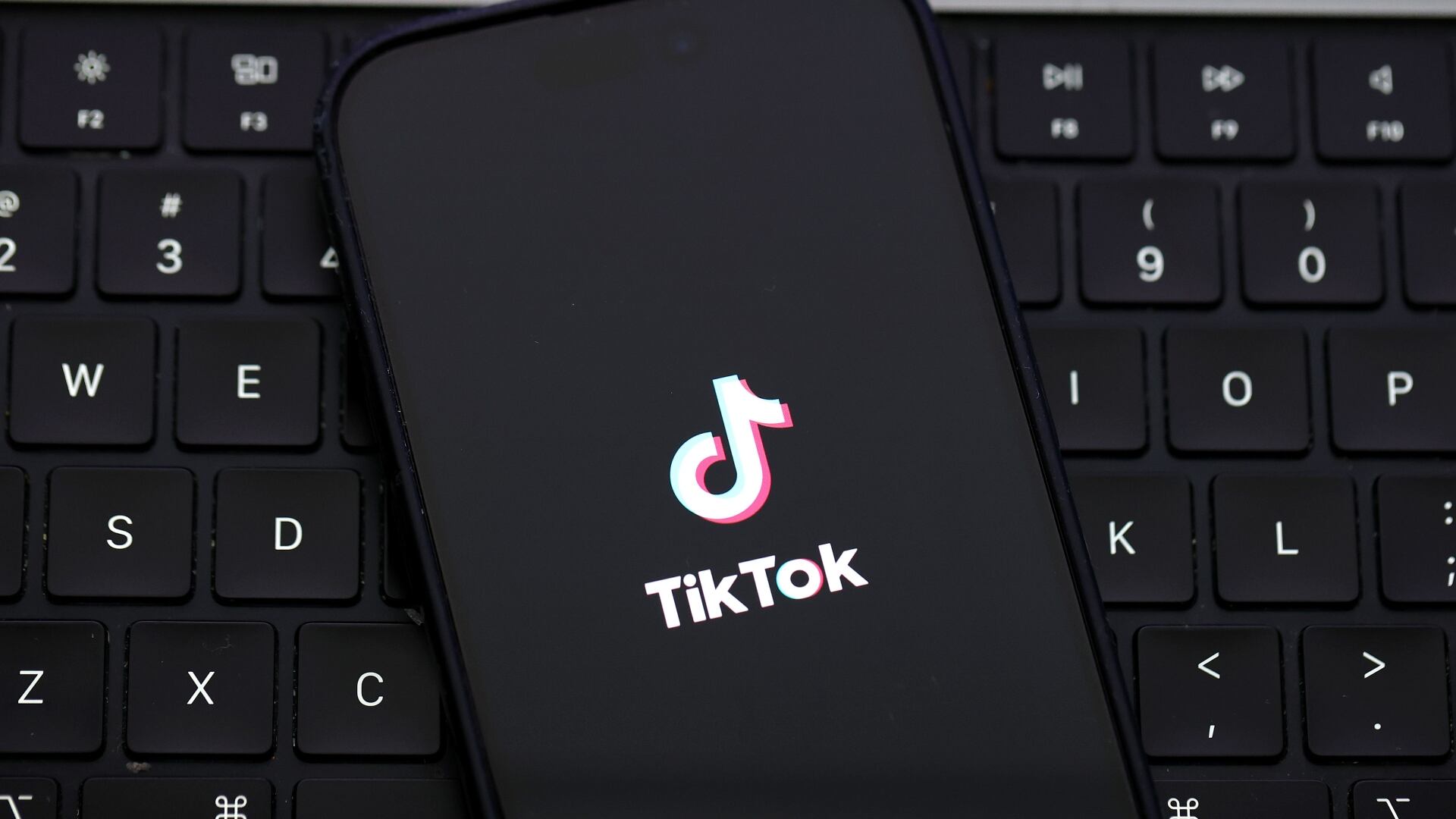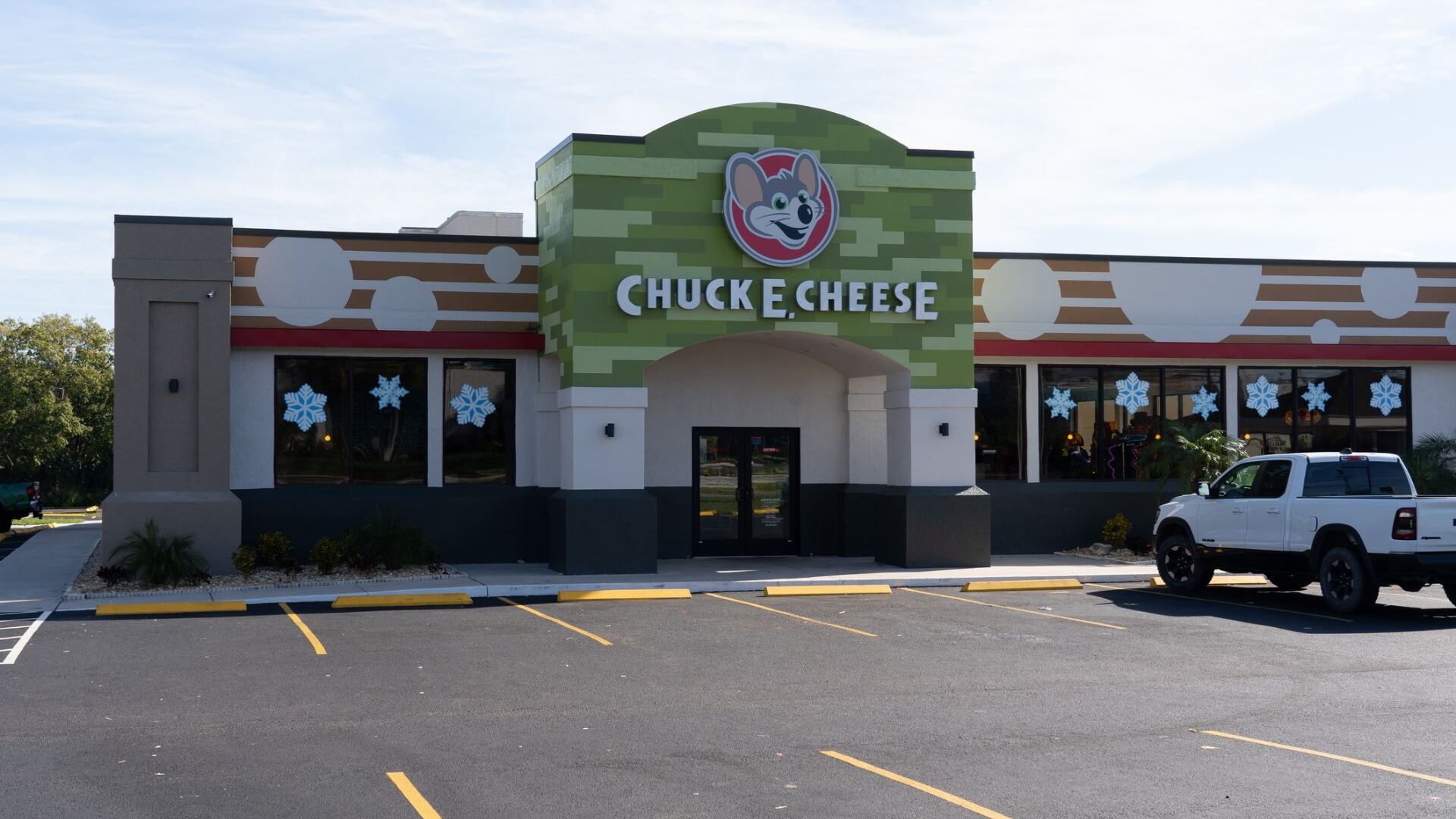*By Carlo Versano* A new startup is using the technology pioneered by Amazon in its cashier-less stores and applying it directly to the grocery cart. Caper, a "smart shopping cart" uses a combination of cameras, sensors, and A.I. ー technology known in the retail industry as "computer vision" ー to identify items as they're placed in the cart. "Checkout is by far one of the most annoying experiences in physical retail," said Caper CEO Lindon Gao in an interview Friday on Cheddar. Caper will allow customers to bypass the checkout line completely and pay for their purchases directly via an interface on their carts. That plan to "streamline the checkout experience" will be attractive to customers, Gao said, but it should also appeal to grocers, as the carts can use predictive analytics to suggest items based on recipes or recommend popular products that other shoppers have bought. He did not mention the jobs that the technology might put at risk. There are 3.5 million cashiers in the U.S., including over 900,000 grocery store cashiers, according to the [Bureau of Labor Statistics](https://www.bls.gov/oes/2017/may/oes412011.htm). Gao said that Caper would augment cashiers, allowing a new customer experience for those who want it. For store owners, it provides a way to implement cutting-edge technology at a relatively low cost per store. While Gao would not reveal the price of a Caper cart, he said it would pay for itself after 12 months. Whereas an Amazon ($AMZN) Go store necessitates a complete overhaul of a physical space and its operations, Caper does not require any new infrastructure changes or renovations. "We need to complement the store owners' existing operation" Gao said. The company has raised $3.5 million in venture funding to date. Gao said he isn't worried about the increasing popularity of online grocery shopping, which still only accounts for a fraction of the market. "The physical grocery experience is not going to change anytime soon." For full interview [click here](https://cheddar.com/videos/caper-brings-artificial-intelligence-to-the-grocery-aisle).












